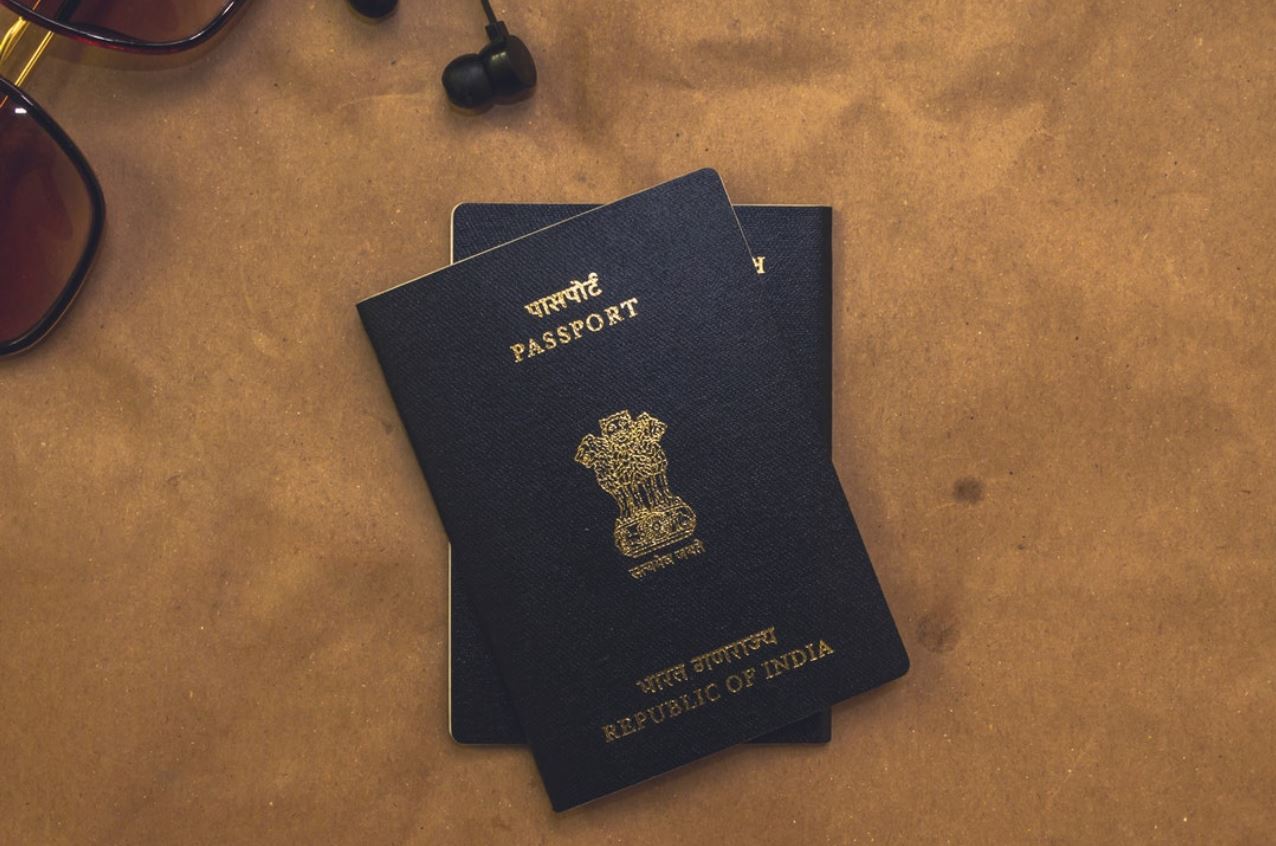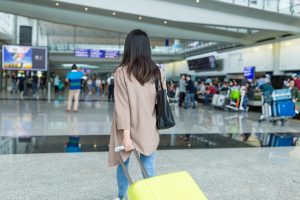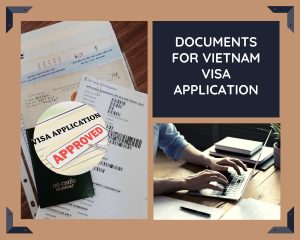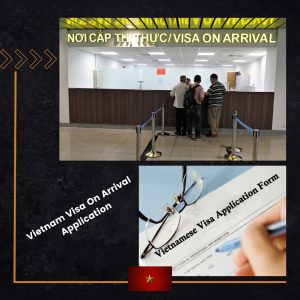


Planning a trip to Vietnam as an Indian traveler? Excitement might be in the air, but navigating the visa application process can often seem like a daunting task. Don’t worry, though, because we’re here to unlock the secrets to smoothly applying for a Vietnam visa. From understanding the different types of visas available to Indian travelers to providing you with step-by-step guidance on the application process, we’ve got you covered. Whether you’re traveling for leisure, business, or any other purpose, our comprehensive guide will ensure that you have all the information you need to make your visa application process a breeze. No more endless hours of research or confusion over requirements and documents; we’ll break it down for you in a simple and easy-to-follow way. So, get ready to explore the vibrant culture, stunning landscapes, and delicious cuisine of Vietnam, without any visa application stress. Let’s get started on your journey to discovering the wonders of Vietnam!
When it comes to applying for a Vietnam visa as an Indian traveler, it’s important to understand the different types of visas available. The type of visa you need will depend on the purpose and duration of your visit to Vietnam. Here are the main types of visas that Indian travelers can apply for:
Now that you have an overview of the different types of visas available, let’s dive into the step-by-step guide on how to apply for a Vietnam visa as an Indian traveler.

Applying for a Vietnam visa as an Indian traveler involves a few simple steps. Here’s a step-by-step guide to help you through the process:
Determine the type of visa you need: As mentioned earlier, the type of visa you need will depend on the purpose and duration of your visit to Vietnam. Take some time to determine the right visa category for your trip.
Choose the application method: Indian travelers have two options to apply for a Vietnam visa: through the Vietnamese embassy/consulate or through an online visa service. Both methods have their pros and cons, so choose the one that suits your preferences and needs.
Gather the required documents: Before starting the application process, make sure you have all the necessary documents ready. The exact requirements may vary depending on the type of visa you’re applying for, but generally, you’ll need the following:
Submit your application: If you choose to apply through the Vietnamese embassy/consulate, visit their website or contact them directly to find out the specific application requirements and procedures. If you opt for an online visa service, visit their website and follow their instructions to submit your application.
Pay the visa fee: Visa fees vary depending on the type of visa and the application method. Make sure to check the current fee before submitting your application. Payment can usually be made online or at the embassy/consulate.
Wait for the visa approval: Once you’ve submitted your application and paid the fee, you’ll need to wait for the visa approval. The processing time can vary, so it’s advisable to apply well in advance of your planned travel dates.
Collect your visa: If you applied through the embassy/consulate, you’ll need to visit their office to collect your visa. If you opted for an online visa service, you’ll receive a visa approval letter via email. Print out the letter and present it upon arrival at the airport in Vietnam to obtain your visa.
Congratulations! You’ve successfully applied for a Vietnam visa as an Indian traveler. Now, let’s take a look at the documents required for a Vietnam visa application.
When applying for a Vietnam visa as an Indian traveler, there are certain documents that you’ll need to provide. Here’s a checklist of the essential documents:
Make sure to double-check the specific requirements for your visa type and application method, as they may vary slightly. Now that you know what documents you need, let’s discuss some common mistakes to avoid when applying for a Vietnam visa.

When applying for a Vietnam visa as an Indian traveler, it’s important to avoid common mistakes that could delay or even result in the rejection of your application. Here are some mistakes to watch out for:
By avoiding these common mistakes, you’ll increase your chances of a successful visa application. However, there are also some useful tips that can help you have a smooth visa application process.
Applying for a Vietnam visa as an Indian traveler doesn’t have to be a stressful experience. Here are some tips to make the process smoother:
Following these tips will help you have a smoother visa application process and avoid unnecessary complications. However, if you’re short on time and need your visa quickly, there are expedited visa services available for Indian travelers.
If you’re in a rush and need your Vietnam visa quickly, you can opt for expedited visa services. These services offer faster processing times, allowing you to receive your visa in a shorter period. However, expedited services usually come with an additional fee. Here are some things to consider when using an expedited visa service:
Keep in mind that while expedited visa services can speed up the processing time, it’s still important to start the application process as early as possible to avoid any last-minute complications.

For Indian travelers, another convenient option to consider is the visa on arrival service.
The visa on arrival option is a popular choice for Indian travelers visiting Vietnam. With this option, you can apply for and receive your visa upon arrival at the airport in Vietnam. Here’s how the visa on arrival process works:
The visa on arrival option provides flexibility and convenience for Indian travelers, as it eliminates the need to visit the Vietnamese embassy/consulate before traveling. However, it’s important to note that visa on arrival is only applicable for air travel. If you plan to enter Vietnam through a land border or seaport, you’ll need to apply for a visa in advance.

Now that we’ve covered the different visa options and application processes, let’s address some frequently asked questions about Vietnam visa applications for Indian travelers.
Do I need a visa to visit Vietnam as an Indian traveler?
Yes, Indian travelers need a visa to enter Vietnam. There are a few exceptions for certain nationalities, but Indian travelers are required to have a visa.
Can I apply for a Vietnam visa online?
Yes, Indian travelers can apply for a Vietnam visa online through an online visa service. This option provides convenience and flexibility, especially for the visa on arrival process.
How long does it take to process a Vietnam visa application?
The processing time for a Vietnam visa application can vary depending on the type of visa and the application method. It can range from a few days to a couple of weeks, so it’s advisable to apply well in advance of your planned travel dates.
Can I extend my Vietnam visa if I decide to stay longer?
Yes, it’s possible to extend your Vietnam visa if you decide to stay longer than the initial duration. You can apply for an extension through the Vietnamese immigration authorities.
What happens if my Vietnam visa application is rejected?
If your visa application is rejected, you’ll need to reapply and provide any additional documents or information that may have been missing or insufficient. It’s important to carefully review the requirements and guidelines before submitting your application to avoid any issues.
Can I apply for a Vietnam visa on arrival if I’m traveling by land or sea?
No, the visa on arrival option is only applicable for air travel. If you plan to enter Vietnam through a land border or seaport, you’ll need to apply for a visa in advance.
These are just a few of the commonly asked questions about Vietnam visa applications. If you have any specific concerns or queries, it’s best to contact us through info@vietnam-evisa.com .